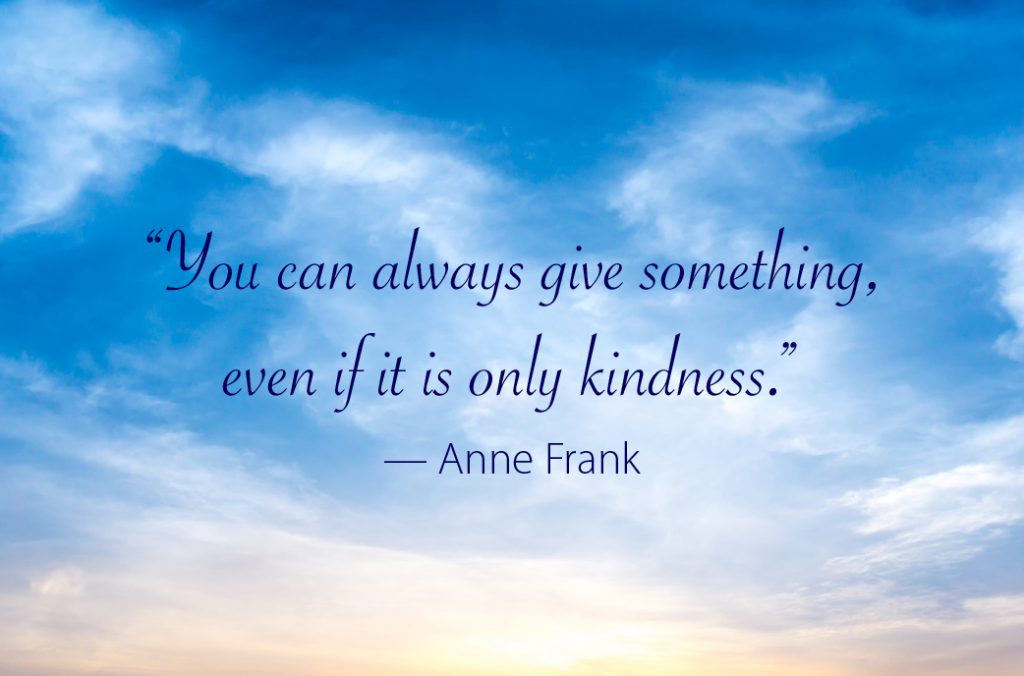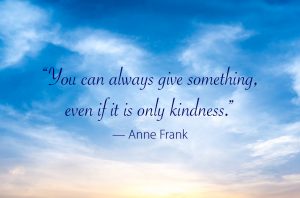The classic New Year’s Resolution is offered on December 31st and already forgotten by January 2nd. While we can find great success in identifying aspects of our lives we wish to adjust, we often fail in our attempts to craft long-lasting change. At the Y, we aspire to be a growth community, a place of support, a place of honesty, a place where the individual might continue to plot and re-route the trajectory of their life.
In this month of October, across the Y, we explored the value of kindness. Kindness is not only an emotion but is deed as well. As we consider kindness, we ask how do we make this value an active component of life, pursuing kindness rather than just responding with kindness. How do we ensure that our satisfaction with “nice” doesn’t diminish our longing for the kind? How do we begin to see the needs of those around us?
Often, mental health is a cloaked figure in life. When observing others, and at times even ourselves, there is great difficulty in perceiving beyond the veneer of the physical to understand the complexity of the person who exists inside. October is a month in which our country marks National Depression and Mental Health Screening Month and Mental Illness Awareness Week (October 4 – 10). Developing a practice of kindness allows us to mature beyond mere acknowledgement and tolerance of those struggling with depression and mental illness. As we grow in our practice of kindness, our field of vision is enhanced, permitting us to accept the individual and even intuit the specific actions and responses that we, and we alone, are able to offer in their continued care and support.
As we consider the intersection between kindness and mental health, we strive at nourishing our relationships, improving our communities, and strengthening togetherness. We want to acknowledge kindness as a fundamental ingredient for the prosperity of our mental well-being, both individually and collectively. In times when the world feels uncertain, finding a sense of calm and stability can be a challenge. Just as we can experience collective trauma, we also can experience collective healing. Making a conscious effort of performing acts of kindness can help to reduce stress and enhance our emotional well-being as it connects us to greater caring and understanding.
Simultaneously, it is equally important to practice self-kindness — of speaking kindly to yourself and of making intentional decisions that will positively support you. The interconnectedness of kindness and mental health reinforces that kindness is about the individual, as well as the collective whole of the human experience.
Through focused and intentional kindness, we can create accepting, affirming, and supportive spaces where we feel comfortable to be ourselves and develop the trusting relationships needed to help destigmatize mental health. By being aware of your own behavior and attitude towards others, by being supportive, we can move forward together and thrive.
As we engage in the difficult process of self-reflection, let’s take the time to think about how we can enhance our own relationship with kindness, creating a kinder environment for ourselves and for our community.
If you, or someone you know would like additional professional mental health support, we recommend connecting with NYC Well, a free and confidential helpline for mental health and substance misuse services. Trained counselors can provide you with support 24 hours a day, 7 days a week, 365 days a year in more than 200 languages.
CALL: 1-888-NYC-Well (1-888-692-9355) | TEXT: “Well” to 65173 | CHAT: nyc.gov/nycwell
Services include: crisis counseling, peer support, short-term counseling, mobile crisis teams, connection to ongoing mental health and substance misuse services, and mental health apps and online tools to help you manage your health and emotional wellbeing
By Sarynes Henry, social worker, and Rabbi Ari Perten, director, Norman E. Alexander Center for Jewish Life



